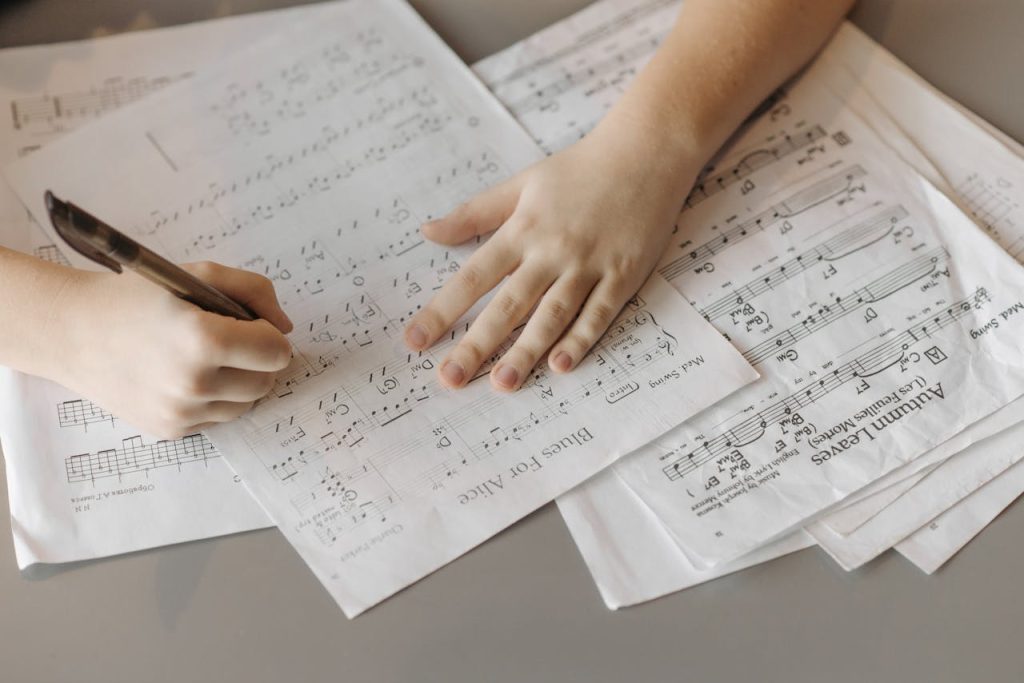One of the most common questions I hear from students and parents is: “Do I really need to learn how to read notes if I can already play by ear?”
The short answer is yes—and here’s why.
1. Playing by ear is a gift, but it has limits
Being able to sit at the piano or accordion and pick out a melody just by listening is wonderful. It shows that your musical ear is sharp and that you’re sensitive to sound. But without reading skills, you’re limited to the music you can hear or remember. Reading opens the door to music you’ve never heard before.
2. Reading = Independence
Imagine walking into a library where all the books are written in a language you can’t read. You might guess the story if someone reads it to you, but you couldn’t explore it on your own. Music is the same. When you read notes, you’re no longer dependent on someone else playing a piece for you first. You gain independence and freedom to learn any piece you choose.
3. Stronger understanding of rhythm and structure
When students only rely on their ears, rhythm often gets simplified or changed without realizing it. Reading notes keeps the rhythm honest. You learn to count, recognize patterns, and understand how melodies and harmonies are built. That deeper understanding makes your playing more accurate and expressive.
4. Reading makes you a versatile musician
Most professional opportunities—whether it’s playing with other musicians, accompanying singers, or joining an ensemble—require reading skills. Even if you’re a great improviser, being able to follow sheet music makes you much more adaptable and dependable in group settings.
5. Ear + Eyes = Best of both worlds
It’s not about choosing one over the other. The strongest musicians use both. Your ears help you play with expression and musicality, while your eyes keep you precise and open the world of written music.
Final Thought
Learning to read notes takes patience, but it’s an investment that pays off for a lifetime. Music is a language—and just like any language, being able to both hear it and read it makes you fluent.
So don’t think of note reading as a chore. Think of it as a key—one that unlocks an endless library of music waiting for you to explore

